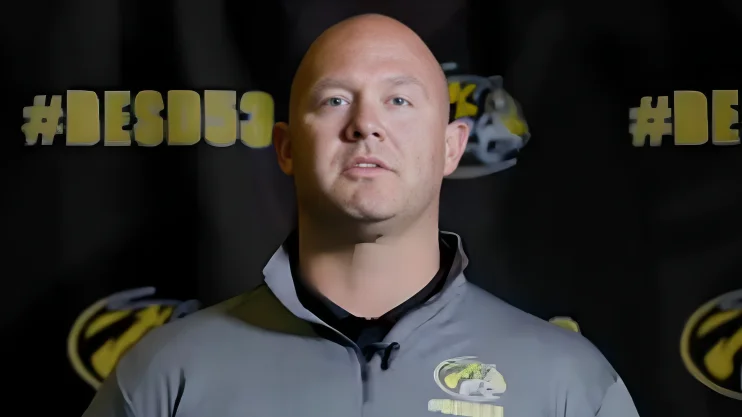Ascension, a prominent nonprofit Catholic health system, has been recognized in NEJM Evidence for its innovative use of digital nudge technology to enhance preventive care delivery in primary care settings. The article outlines Ascension's strategy of using text message nudges to prepare patients for upcoming primary care visits, aiming to address overdue screenings, vaccinations, and other preventive needs.
Mitesh Patel, MD, MBA, Ascension Vice President and Chief Clinical Transformation Officer, explained the initiative: “Even when services are available, many patients delay or miss preventive care. Our digital nudge approach helps change that by making it easier for patients to take action and for clinicians to provide timely and proactive care. It not only encourages patients to come through the door but also helps streamline the appointment process and make each visit more meaningful.”
The strategy targets the issue of patients arriving at primary care visits focused on immediate concerns. By preparing them in advance with relevant information about their preventive care needs, Ascension aims to facilitate more effective patient-clinician interactions.
Thomas Aloia, MD, MHCM, FACS, FACHE, Ascension Executive Vice President and Chief Clinical Officer noted: “Healthcare is rapidly evolving as new technology helps us to address patient needs more efficiently—yet persistent gaps in access remind us there is still important work to be done. Digital nudges are one more tool to facilitate preventive care, like wellness visits and cancer screenings, in ways that feel simple, supportive, and effective.”
A cluster randomized trial involving over 29,000 patient visits demonstrated that those who received a text message nudge were more likely to address preventive care needs during their visit — 23.5% compared to 20.3% among those who received usual care. The study indicates that timely prompts can significantly impact closing care gaps.
The nudge technology also improved follow-through over time by closing more total care gaps within 90 days and enhancing appointment engagement by increasing completion rates while reducing no-shows and cancellations. Patients provided consent for these electronic communications with an option to opt out at any time.
Richard Fogel, MD, FACC, FHRS, Ascension Chief Health Outcomes Officer commented: “This work really shows that innovation at Ascension is about doing better for patients, families and communities. We are investing in solutions that create a better care experience and help patients live healthier, more fulfilling lives.”
 Alerts Sign-up
Alerts Sign-up





